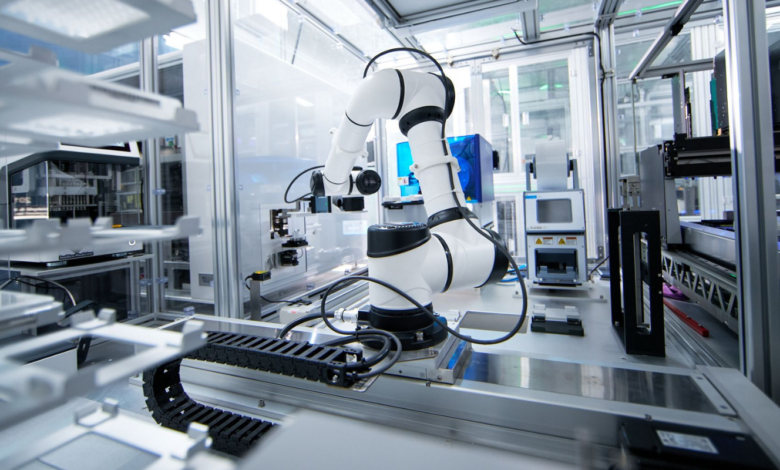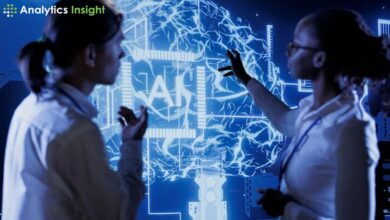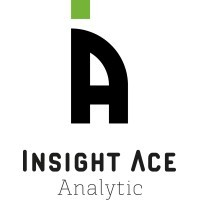Exploring the AI impact on biotech advancements

In the search for faster and more effective medicines, the integration of artificial intelligence (AI) can positively impact millions of lives. AI is transforming the foundations of biotech, promising to alter precision medicine, clinical trials and bioprocess optimisation. AI-powered analysis, prediction engines and cutting-edge robotics are propelling biotechnology into a future of customisation, greater efficiency and accuracy.
Dr. Alex Zhavoronkov, founder and co-CEO of Insilico, a healthtech enterprise, highlights the role of AI in bringing us closer to a precision medicine future. “We use our end-to-end Pharma.AI platform to analyse massive quantities of data and discover optimal targets for diseases. We also use generative AI to design new drug-like molecules that are optimised across 30 parameters to be highly effective. Advances in the use of AI for disease detection and diagnosis, as well as identifying likely drug interactions, are also accelerating us toward a precision medicine future, where treatments are optimised, based on AI data analysis, for a particular patient.”
With regards to clinical trial optimisation, Dr. Zhavoronkov explains that 90 per cent of drugs in development fail during clinical trials — most of them in Phase II trials with patients. He says it is critical AI tools are used to enhance predictions and guide decision-making to improve outcomes and ensure better success rates.
“We developed our AI tool, inClinico, to address this need. inClinico relies on various data – including OMICs data, clinical trials, patents, publications, grants and 13,000 drugs from Phase I to launch. Using machine learning and AI, we built models based on data points specific to successfully launched and failed drugs, including clinical trial design, biological features of the disease, drug targets and patient criteria. We combined these models into our AI clinical trial prediction engine. For every evaluated Phase II, inClinico generates a probability of success for proceeding into Phase III,” Dr Zhavoronkov says.
Bioprocess optimisation involves the use of advanced technologies, including AI and robotics, to enhance the speed, efficiency and accuracy of biological processes such as cell culture, high throughput screening, and genomics analysis and prediction – using autonomous guided vehicles (AGVs) including waste transportation, operation and storage robots and dual-arm composite lab robots. This can improve outcomes in biotechnological applications. Dr. Zhavoronkov explains how combining AI with robotics allows greater levels of speed, efficiency, and accuracy.
“With robots running labs, there can be more experiments, performed faster and in parallel, generating high-quality data that strengthens the AI’s ability to make accurate hypotheses and validate those hypotheses. As the robots perform experiments and generate results, data is fed back into the AI system,” he says.
Dr. Zhavoronkov’s insights also highlight AI’s transformative impact on biomanufacturing efficiency when seeking sustainable and cost-effective bioproduction. The generative AI platform at Insilico Medicine, for example, optimises production processes by designing molecules perfectly tailored to specific targets, exceeding the capabilities of traditional medicinal chemistry. This optimisation across 30 properties ensures efficacy and safety while minimising waste and maximising efficiency by synthesising and testing fewer molecules. The integration of AI with robotics can accelerate drug discovery, streamlining processes and continuously improving data quality.
AI can also streamline processes, improve drug discovery, and identify novel targets for diseases in record time. Insilico Medicine recently used AI to develop a key drug to treat idiopathic pulmonary fibrosis, a chronic lung disease. The orally delivered drug INS018_055 is the first fully generative AI drug (the first with both an AI-discovered target and designed by AI) to reach Phase II trials with patients. “AI was used at every stage and the drug has set many milestones in terms of speed of development. The preclinical candidate was selected in February 2021, just 18 months after the project began. Nine months later the Company announced first-in-human for Phase 1 trials, about half the time the process would take with traditional drug discovery.”
The transformative effects of AI, data and analytics on drug discovery are set to be life-changing. Scientists will be able to automate previously manual tasks and generate new insights at unprecedented speed. From revolutionising precision medicine through AI-driven analysis and generative design of drug molecules to enhancing clinical trial predictions with AI tools, AI promises to significantly improve drug development outcomes.
The combination of AI and robotics further accelerates bioprocess optimisation, encouraging speed, efficiency, and accuracy in biological experiments. AI’s role in sustainable biomanufacturing and its ability to expedite drug discovery, as evidenced by the success of INS018_055, highlights the profound potential AI has to reshape the future of medicine.



